A woman has been cured of advanced breast cancer thanks to immunotherapy.
Get the latest international news and world events from around the world.
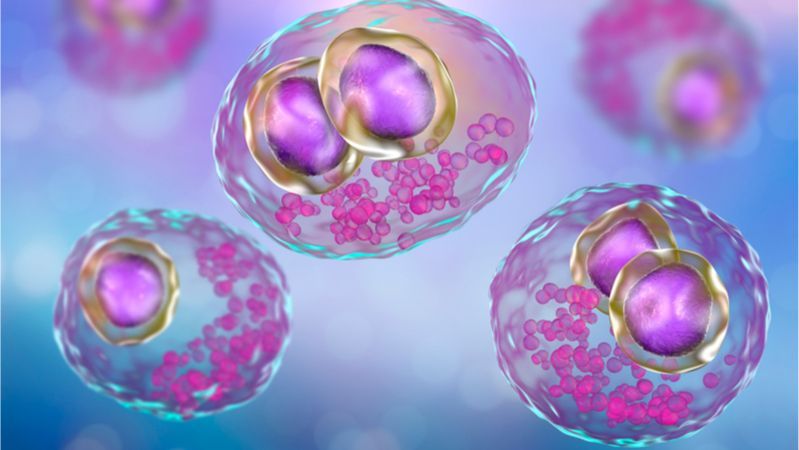
Cytomegalovirus Infection May Contribute to Metabolic Syndrome
Today, we want to highlight a new publication that looks at cytomegalovirus (CMV) and its potential role in the development of metabolic syndrome, the precursor to type 2 diabetes.
What is cytomegalovirus?
CMV is part of the β-subfamily of herpes viruses, a family of viruses that are believed to have been co-evolving with their hosts for around 180 million years [1]. CMV is spread primarily by exposure to infected secretions and subsequent mucosal contact, which then leads to the acute infection of various cell types. After this acute infection, in which the virus spreads, it enters a dormant state in the body.
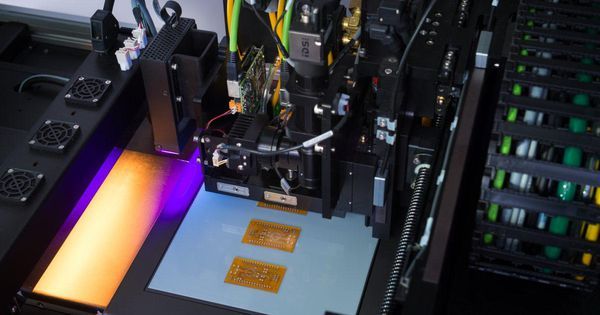
International Space Station Will Test 3D-Printed Materials In Orbit
New 3D-printed materials are going to space thanks to a recently funded partnership between Israel’s NanoDimension and Florida’s Harris Corp.
The companies plan to create new materials to reduce the manufacturing of small satellites, an exceedingly popular market right now for applications ranging from weather observations to remote surveillance.
They aim to fly their materials on an external platform of the International Space Station for a year. The goal is to better understand how 3D-printed components (such as circuits and materials) withstand the space environment, which includes extreme temperature swings and high radiation. The launch date of the project was not disclosed.
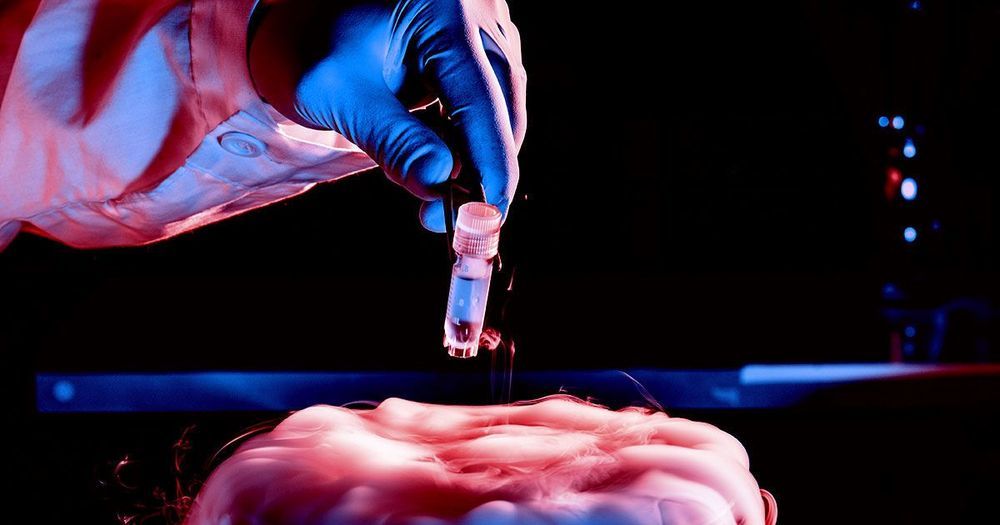
Study: Sperm Banks in Space Could Make Colonizing Mars Possible
A new study by researchers from the Dexeus Women’s Health research network in Barcelona found that frozen sperm samples survived when exposed to microgravity.
That could mean that sperm banks in space are possible, providing future space travelers with the ability to reproduce in space with sperm samples brought up from Earth.
“Some studies suggest a significant decrease in the motility of a human, fresh sperm sample,” Montserrat Boada who presented the research yesterday at an annual meeting in Vienna, Austria, said, as quoted by The Guardian. “But nothing has been reported on the possible effects of gravitational differences on frozen human gametes, in which state they could be transported from Earth to space.”
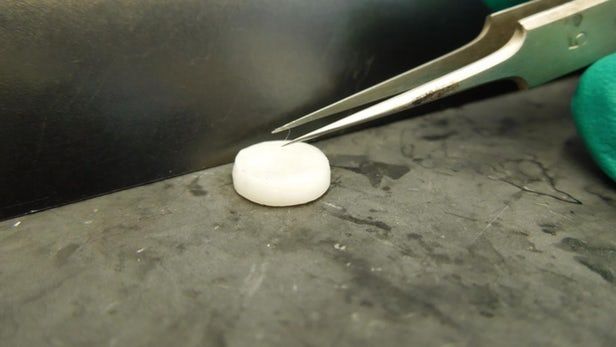
Baldness breakthrough uses 3D-printed “hair farms” to grow new hair follicles
An exciting breakthrough from Columbia University researchers demonstrates a new way to grow human hair follicles using 3D printed molds. This is the first time human hair follicle cells have been grown completely in lab conditions, opening up a potentially unlimited source of hair follicles for future hair restoration surgical procedures.
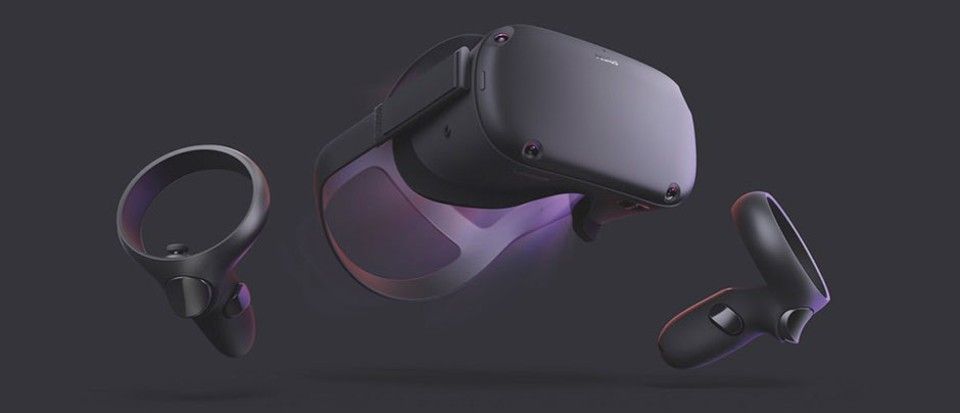
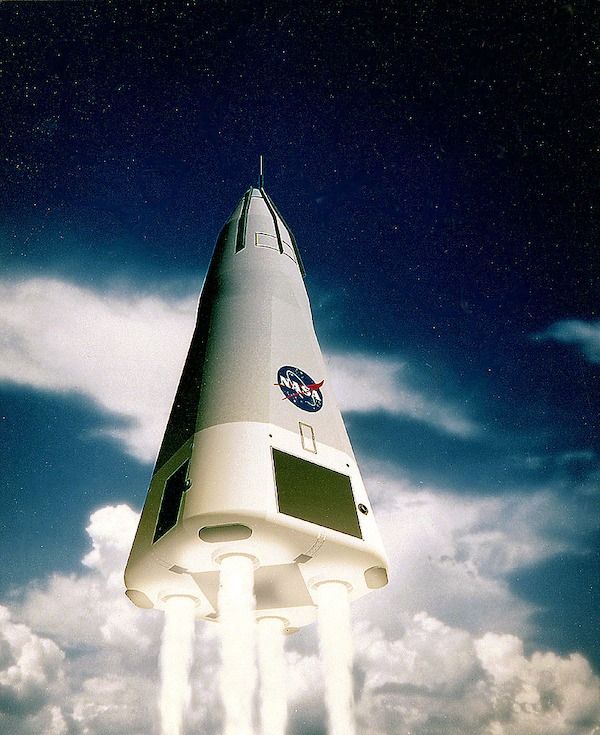
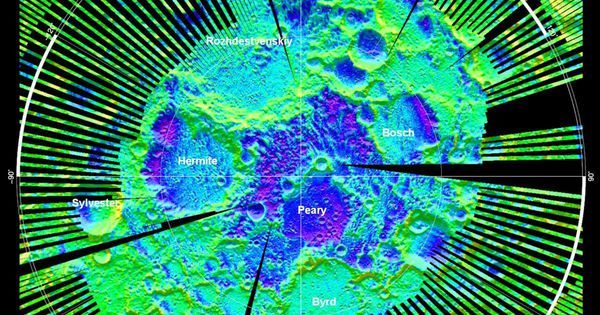


The Strong Force Is What’s Holding the Entire Universe Together
Particle physicists might seem like a dry bunch, but they have their fun. Why else would there be such a thing as a “strange quark”? When it comes to the fundamental nuclear forces, though, they don’t mess around: the strongest force in nature is known simply as the “strong force,” and it’s the force that literally holds existence together.